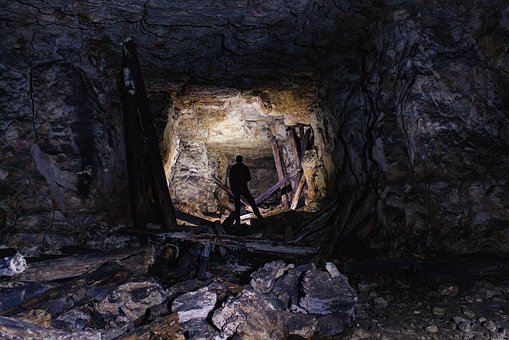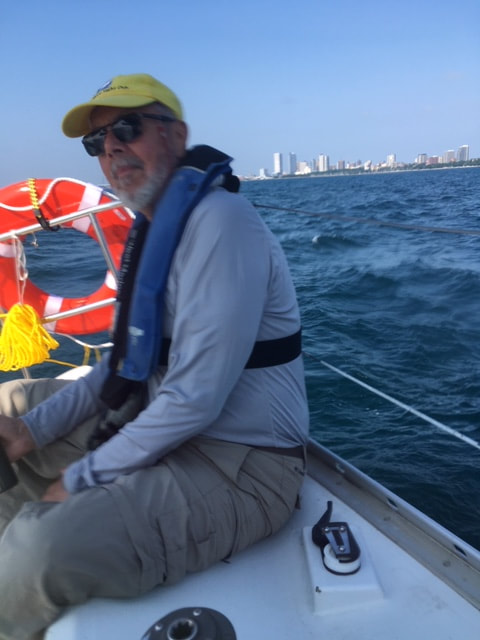Now that they have all been rescued, I think it’s safe to talk about how the world responded to the Thailand Soccer team that was trapped in a cave, in contrast to how America is treating refugee children and families on our southern border.
It is heart-warming to see how the world responded to these 12 trapped boys and their coach, sending supplies, food, water and volunteers from around the globe. Experienced cave divers just began showing up, knowing that their particular expertise could be helpful in such a dire situation. No effort was too much and no expense too great in the frantic attempt to rescue these boys. Certainly, this was a made for TV event. Twelve young boys and their soccer coach stranded in a damp and black cave as the monsoon rains brought a swift and murky stream of water blocking their path to safety. The death of one of the rescuers and the thought that the coach taught the boys meditation to help them focus on the stillness within, all made this remarkable story even more captivating. On the other hand, had these 12 soccer players been refugees fleeing unspeakable violence from Central America, they would have found scarce offers of help – even though their plight would be just as dire. The reports of brutal murder and violence sparking the current refugee crisis in Central America would place these same boys in an equally untenable situation, with their lives in danger. In the northern triangle of Guatemala, El Salvador and Honduras, women and girls are facing daily risk of rape, murder and extortion and are becoming prisoners in their own homes – too fearful to venture out. Stay and risk being murdered, raped, enslaved, and mutilated– or risk a treacherous and long march to safety through Mexico to the United States. That’s the choice these women, men, and children face. But there is no rush of food, supplies, money and volunteers to help. There are no TV cameras stationed on site 24/7. Even the traditional nonprofit organizations that usually provide assistance in a refugee crisis are reticent to help. Why do we spare no expense to save one set of children, but then turn our backs on another? The world saw the young soccer players as people – as children of God and worthy of all costs to save them. But, are these refugee children from Central America any less worthy? To coin a phrase from a 1980s movie, are they “children of a lesser god?” Instead of being saved from certain death and whisked away for the best medical care available, these families who are fleeing violence are treated as criminals. They are placed in handcuffs, and the children are separated from their parents. And, every effort is made to send them back to the very violence that drove them to our borders. The difficulty may be that the refugee families present us with an adaptive problem ; one that requires us to confront our values and how we view others. It requires us to cross over political, ethnic, and national boundaries. In short, it asks us to look at ourselves in a new way and to look at these families with a new heart. Some may wonder why I keep harping on this southern border refugee issue. It is because the plight of these families and our hostile response to their plea, forces us to confront who we are as a people of God. Our response thus far flips the narrative around. It is we Americans who are stranded in a dark cave unable to see the light of God in the eyes of these refugee families. It is America who feels vulnerable and threatened by the rushing water of integration that will be washing upon our shores by 2044 when we become a nation where white people are the minority. It is we Americans who are waiting in darkness, fearful of what we don’t know and of what we imagine our future to be. Perhaps – like the soccer team – we should embrace the darkness, using it to quiet our minds and hearts and to tap into the stillness of our soul. Perhaps we should wait in the darkness and listen for the voice of God. And what will we hear? We will hear that we must “act justly ,love mercy, and walk humbly with our God.” At least, that’s what I hear.
0 Comments
Your comment will be posted after it is approved.
Leave a Reply. |
AuthorMike Soika has been a community activist for more than 30 years working on issues of social and economic justice. His work for justice is anchored by his spiritual formation first as a Catholic and now as a Quaker. Pre 2018 Archives
|


 RSS Feed
RSS Feed
